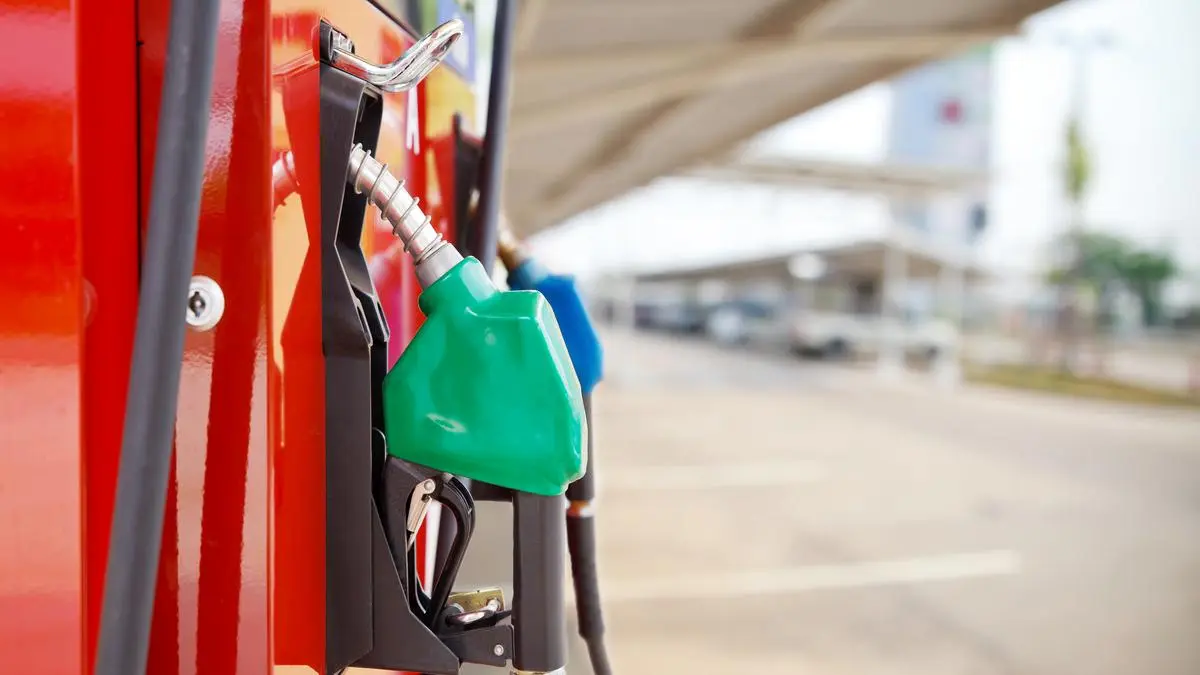Goldman Sachs CEO Highlights Need for Regulatory Easing to Spur Growth
Goldman Sachs CEO David Solomon has recently shared his insights on the current state of the stock market, expressing a cautiously optimistic outlook despite the prevailing chaos. In interviews with Bloomberg Television, Solomon acknowledged the heightened uncertainty affecting capital activity but predicted a eventual stabilization. 'Things will settle down,' he stated, emphasizing the inherent need for transactions, capital raising, and liquidity in the investment world.
Solomon pointed to the potential for positive change in U.S. financial regulation as a key factor that could encourage growth. He highlighted discussions with the Treasury Department about easing banking regulations as a step in the right direction. According to Solomon, freeing up capital and increasing lending activity could significantly benefit the economy by recycling capital back into the system.
However, the Goldman Sachs CEO did not shy away from addressing the challenges posed by current policy uncertainties. He noted that such uncertainties are discouraging investment and leading companies to tighten their belts. With expense management becoming a priority for CEOs, Solomon warned of potential layoffs and reduced hiring as companies look to cut costs in response to the uncertain economic environment.
Despite these challenges, Solomon remains constructive about the future, particularly regarding the potential for regulatory adjustments to foster a more conducive environment for investment and growth. His comments reflect a broader sentiment among business leaders navigating the complexities of today's market dynamics, balancing caution with optimism for a return to stability.





